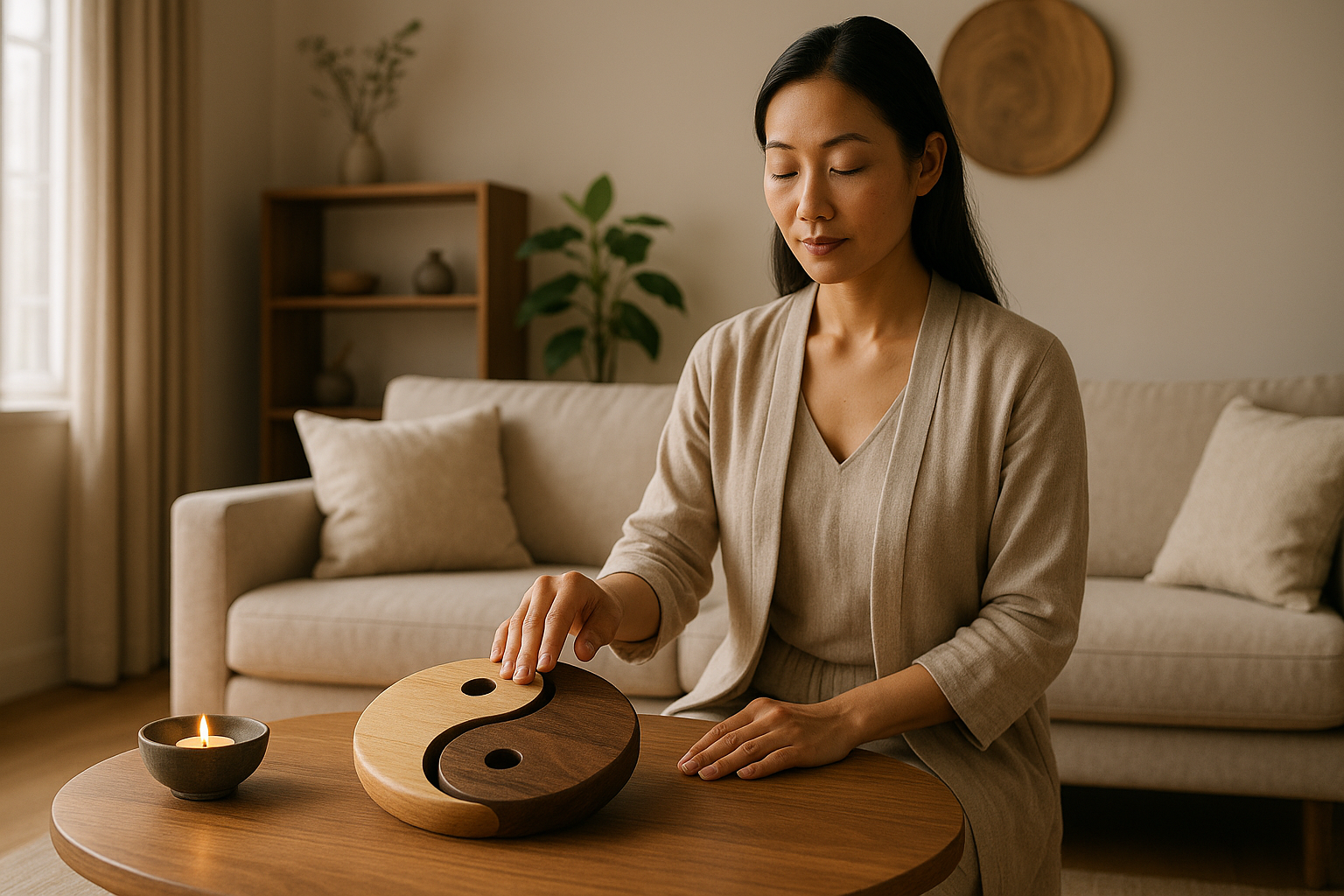"Feng Shui: Ancient Wisdom for Modern Home Harmony"
Picture this: you stroll through your front door after a long day, and immediately you feel a wave of tranquility wash over you. The layout of your home, the position of your furniture, even the colours on your walls—all harmoniously designed to promote a sense of peace and balance. This isn't just any interior design trend, it’s the ancient practice of Feng Shui—an art that is gaining popularity in modern homes.

The Ancient Roots of Feng Shui
Feng Shui, meaning “Wind” and “Water,” is an ancient Chinese practice dating back over 3,000 years. Rooted in Taoist philosophy, it seeks to harmonize individuals with their surrounding environment. The principle revolves around the concept of ‘Qi’ or ‘Chi’—the life force energy that permeates everything. Through the careful arrangement of spaces, Feng Shui aims to help the Chi flow freely, promoting health, happiness, and prosperity.
Feng Shui in Contemporary Homes
In today’s fast-paced world, the tranquillity and balance Feng Shui promises are more appealing than ever. As such, it’s increasingly being embraced in modern homes. This isn’t about exotic decoration or Eastern gimmickry. Instead, it’s about thoughtful design—using colour, light, and arrangement to cultivate a sense of harmony. For instance, the Feng Shui practice of decluttering not only creates a more aesthetic space but also contributes to mental clarity.
Practicality and Benefits
Feng Shui is not just an aesthetic pursuit, but a practical one. It aids in reducing stress, enhancing productivity, and improving relationships, among other benefits. The science of Feng Shui also meshes well with the principles of ergonomics. For instance, the Feng Shui rule of never having your back to the door aligns with ergonomic guidelines for reducing neck strain. Similarly, the practice of placing your bed for the best views can improve sleep quality.
Market Trends and Influence
The influence of Feng Shui on the market is undeniable. From architects to interior designers, industry professionals are adopting its principles to create spaces that offer more than just physical appeal. It’s also impacted the real estate market, with properties boasting good Feng Shui often commanding higher prices. As more people seek homes that promote wellness and balance, the demand for Feng Shui-informed design is set to rise.
An Ancient Practice for Modern Living
Feng Shui, with its focus on balance, tranquillity, and harmony, offers a refreshing counterpoint to our often chaotic modern lives. As it continues to influence contemporary home design, it reminds us that our homes should be more than just visually pleasing—they should be sanctuaries that nourish our well-being. This ancient wisdom, it seems, has found its place in our modern world.




